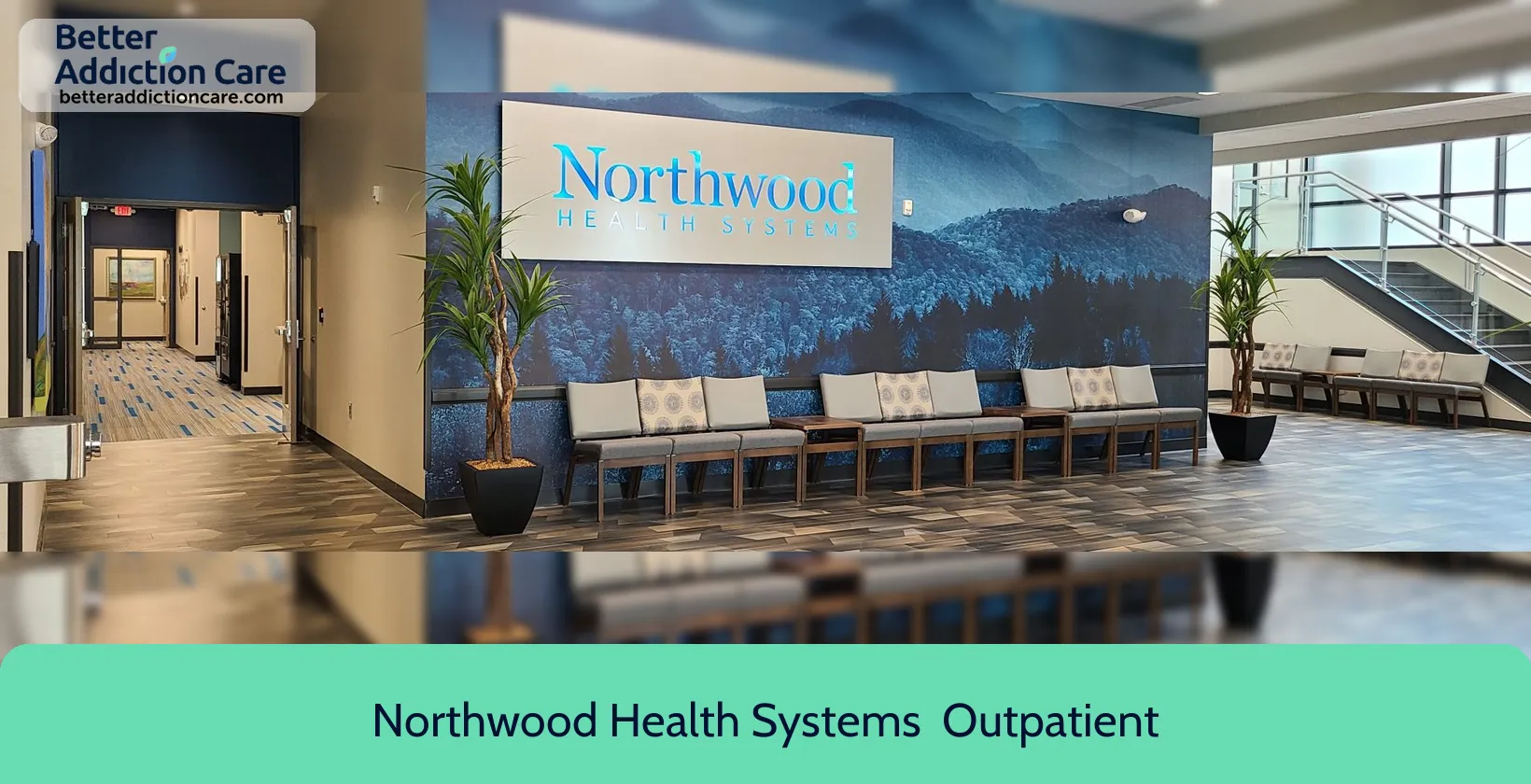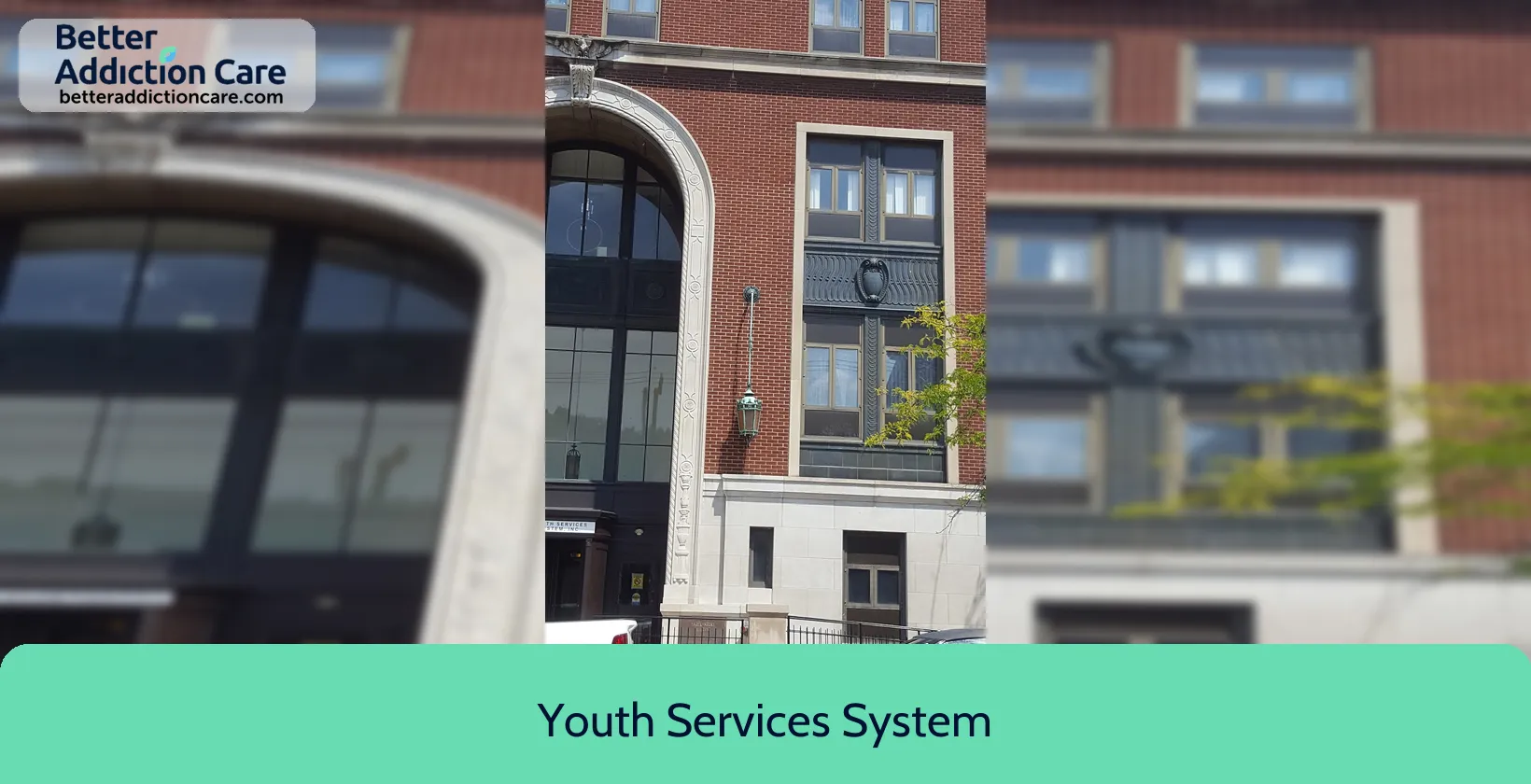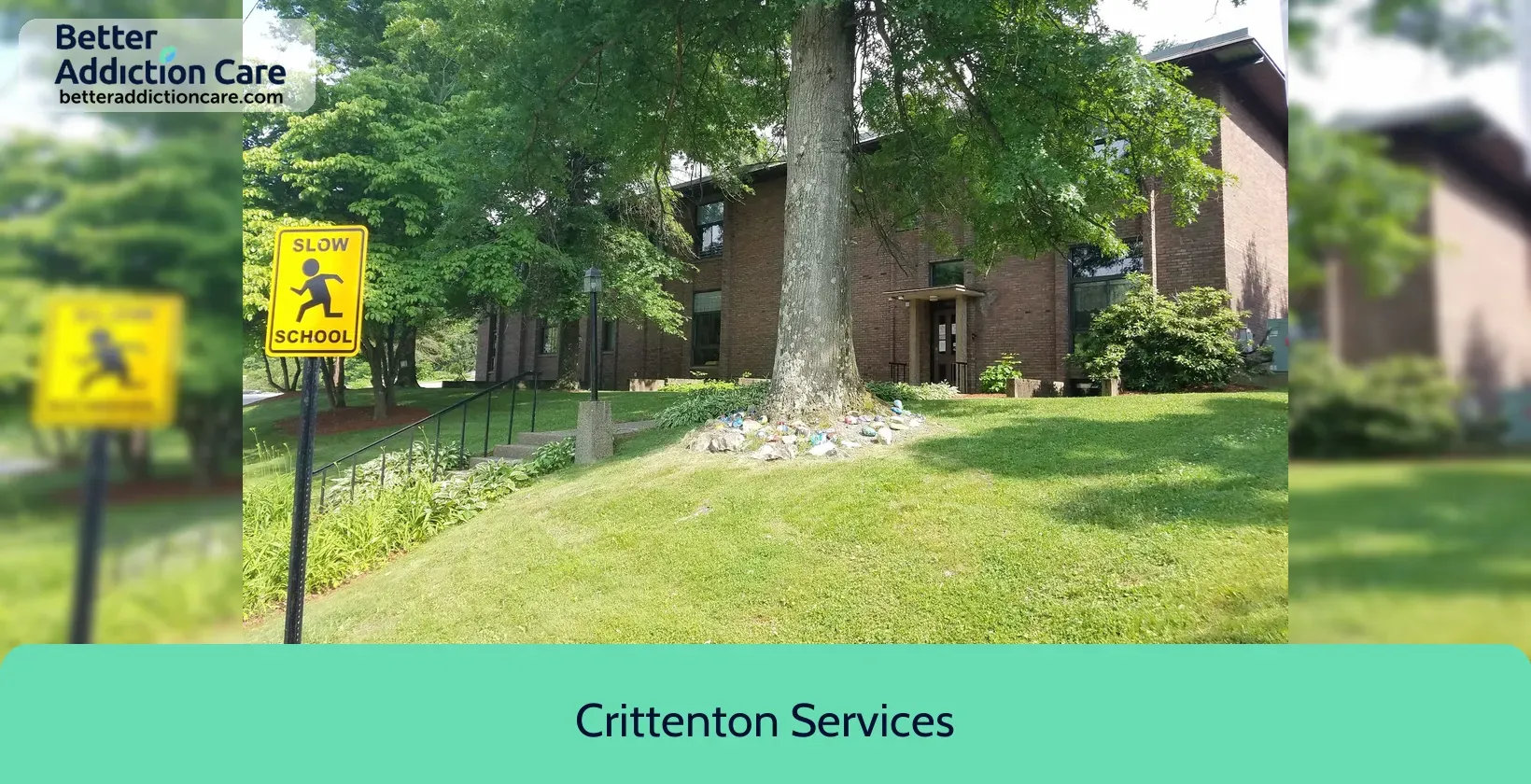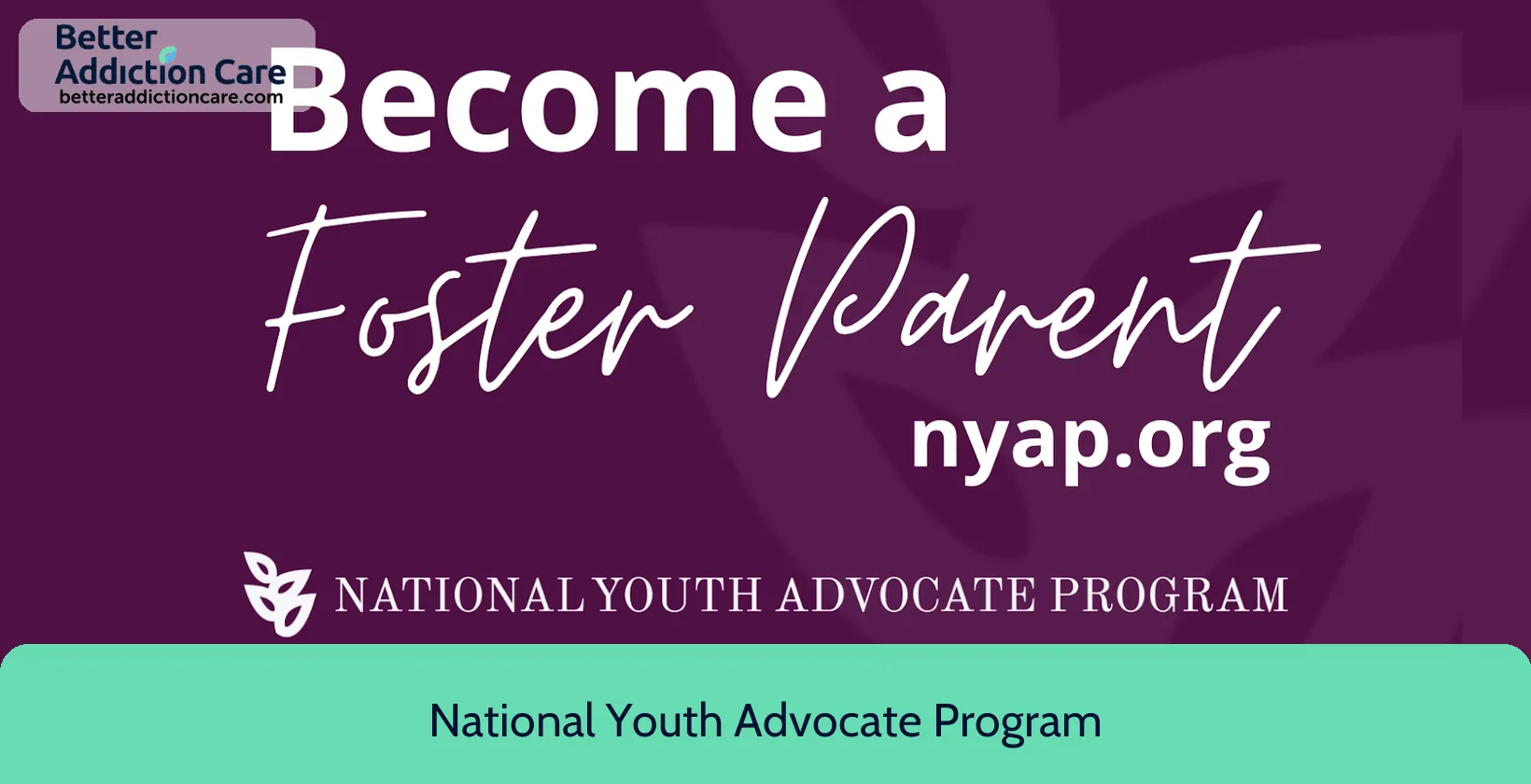National Youth Advocate Program
Overview
National Youth Advocate Program is a mental health treatment center for people seeking treatment near Ohio County. As part of their treatment modalities for recovery, National Youth Advocate Program provides cognitive behavioral therapy, dialectical behavior therapy, and activity therapy during treatment. National Youth Advocate Program is located in Wheeling, West Virginia, accepting cash or self-payment for treatment.
National Youth Advocate Program at a Glance
Payment Options
- Cash or self-payment
- Medicaid
- State-financed health insurance plan other than Medicaid
- State corrections or juvenile justice funds
Assessments
- Comprehensive mental health assessment
- Comprehensive substance use assessment
Age Groups
- Young adults
- Children/adolescents
- Adults
- Seniors
Ancillary Services
- Case management service
- Court-ordered outpatient treatment
- Education services
- Family psychoeducation
- Suicide prevention services
Highlights About National Youth Advocate Program
6.62/10
With an overall rating of 6.62/10, this facility has following balanced range of services. Alcohol Rehabilitation: 8.00/10, Drug Rehab and Detox: 6.00/10, Insurance and Payments: 6.00/10, Treatment Options: 6.49/10.-
Alcohol Rehabilitation 8.00
-
Treatment Options 6.49
-
Drug Rehab and Detox 6.00
-
Insurance and Payments 6.00
Treatment At National Youth Advocate Program
Treatment Conditions
- Mental health treatment
- Substance use treatment
- Co-occurring Disorders
Care Levels
- Outpatient
Treatment Modalities
- Cognitive behavioral therapy
- Dialectical behavior therapy
- Activity therapy
- Telemedicine/telehealth therapy
- Eye Movement Desensitization and Reprocessing therapy
Ancillary Services
Languages
- Sign language services for the deaf and hard of hearing
Special Programs
- Criminal justice (other than DUI/DWI)/Forensic clients
- Clients who have experienced trauma
- Persons with post-traumatic stress disorder (PTSD)
- Persons 18 and older with serious mental illness (SMI)
Get Help Now
Common Questions About National Youth Advocate Program
Contact Information
Other Facilities in Wheeling

7.18

6.65

6.68

6.68
Browse rehab centers near Wheeling and in other cities across West Virginia
DISCLAIMER: The facility name, logo and brand are the property and registered trademarks of Crittenton Services, and are being used for identification and informational purposes only. Use of these names, logos and brands shall not imply endorsement. BetterAddictionCare.com is not affiliated with or sponsored by Crittenton Services.

